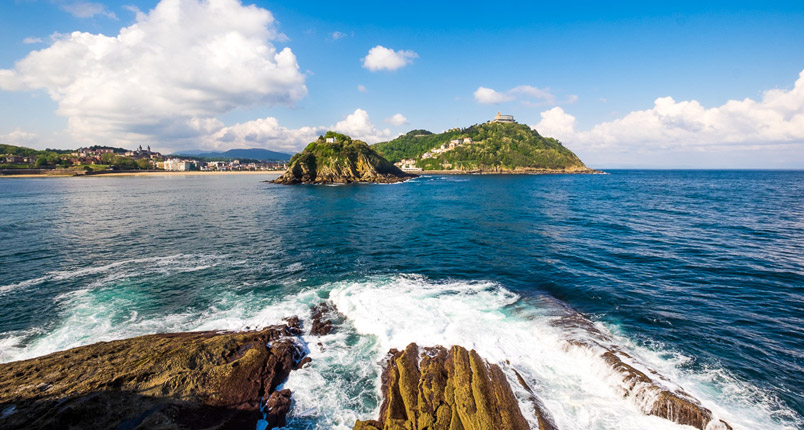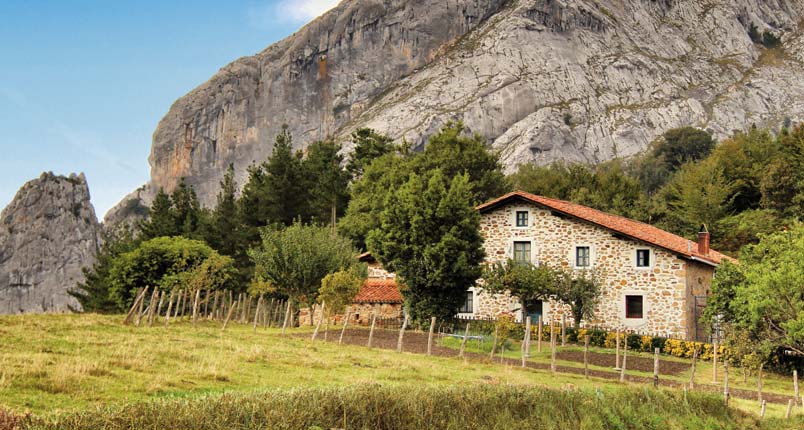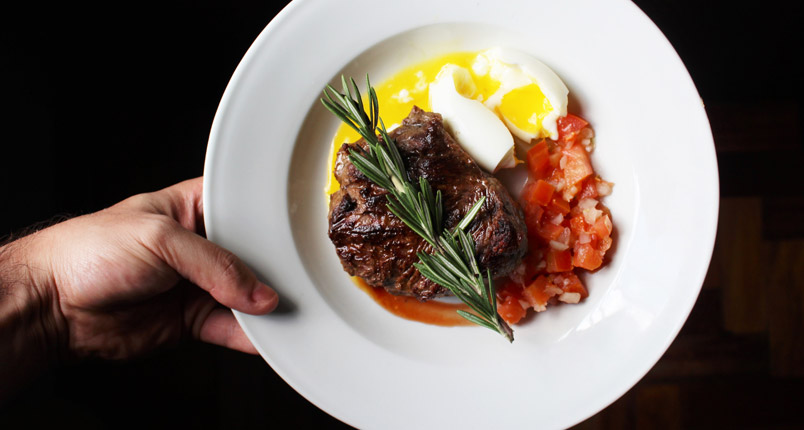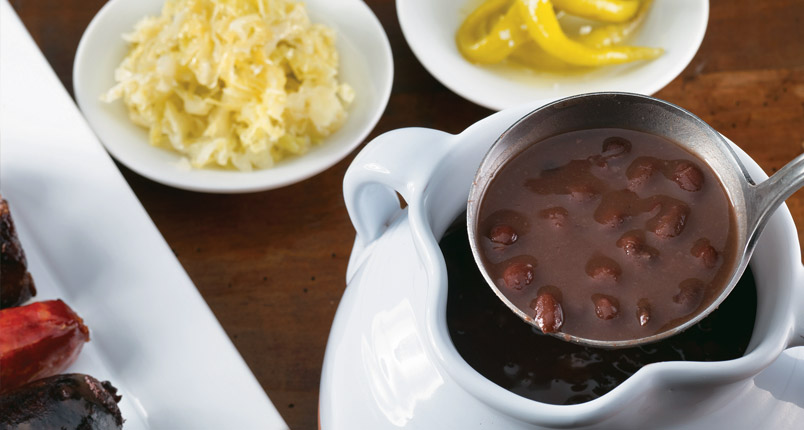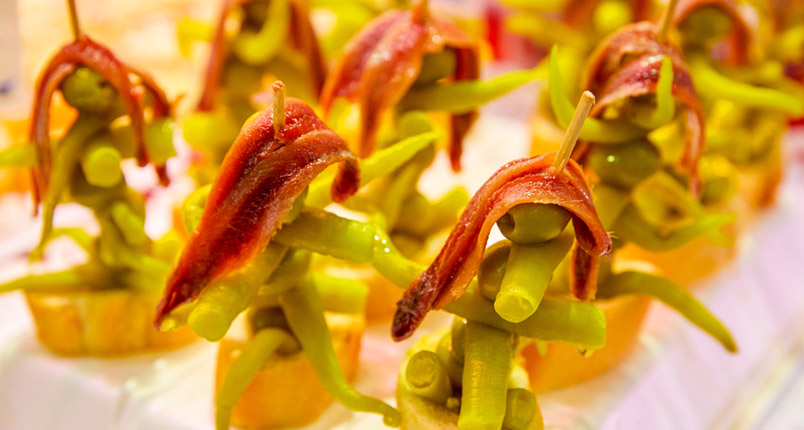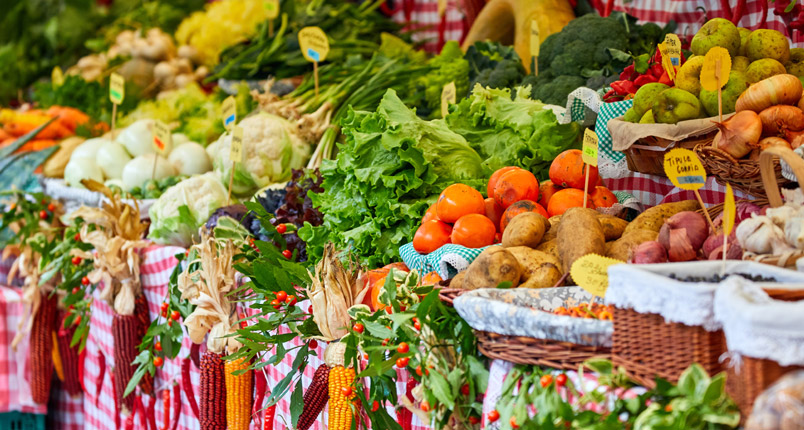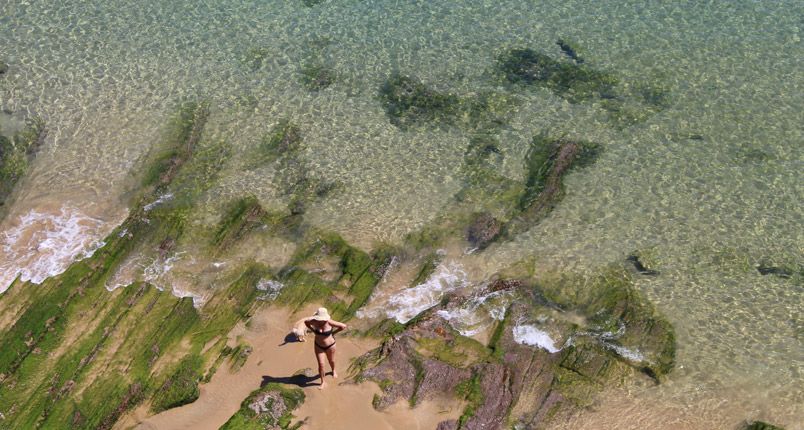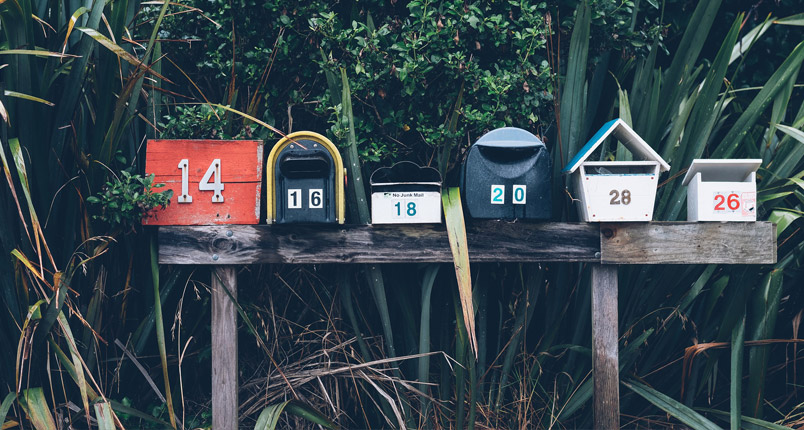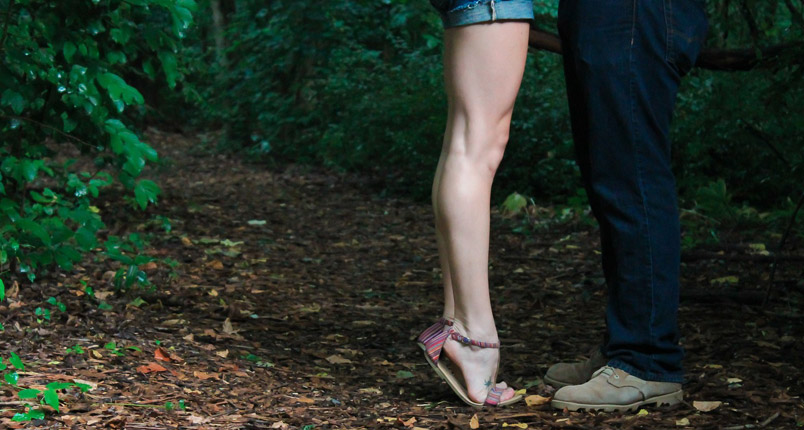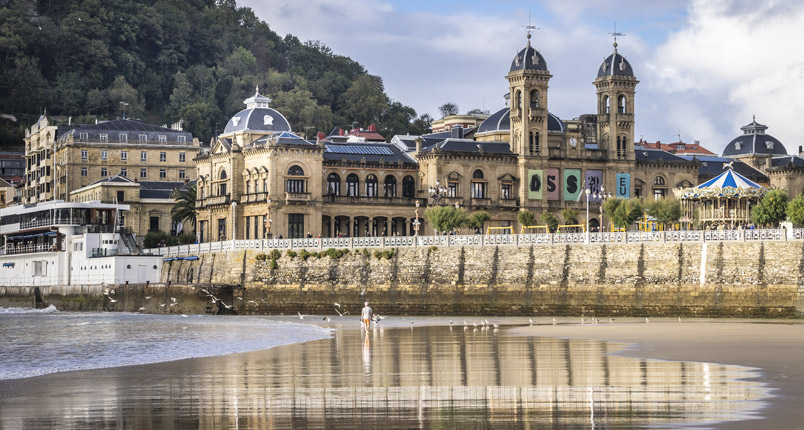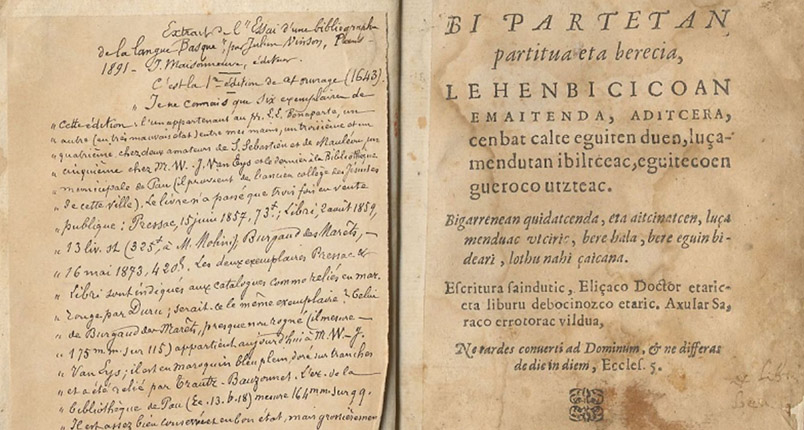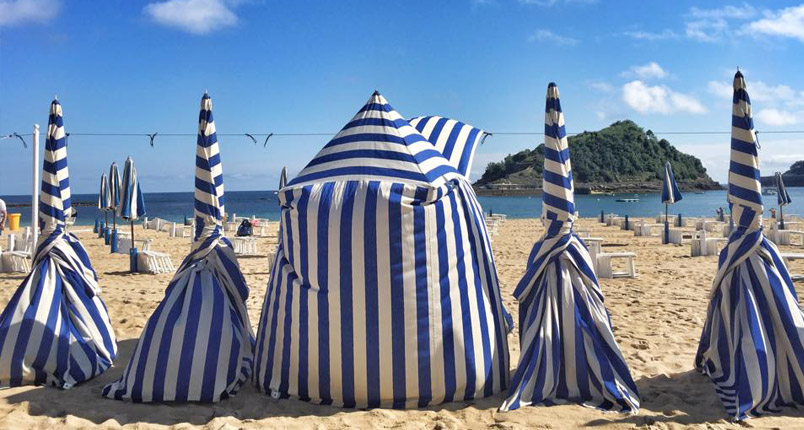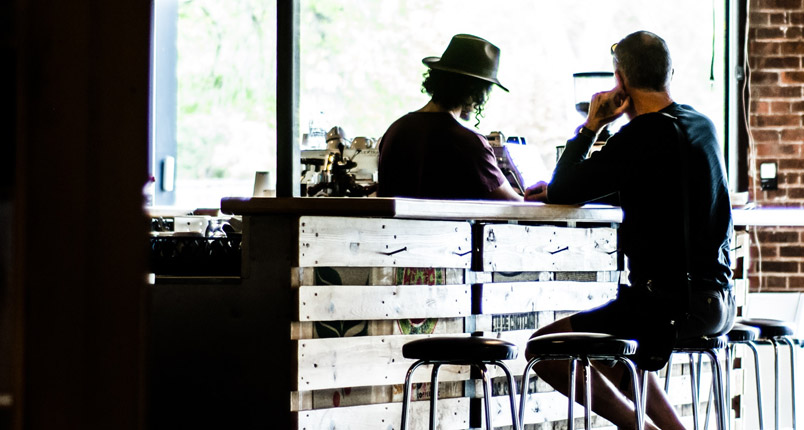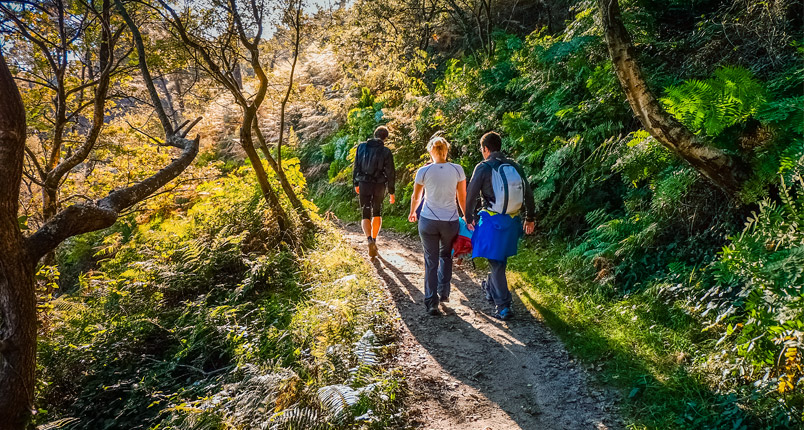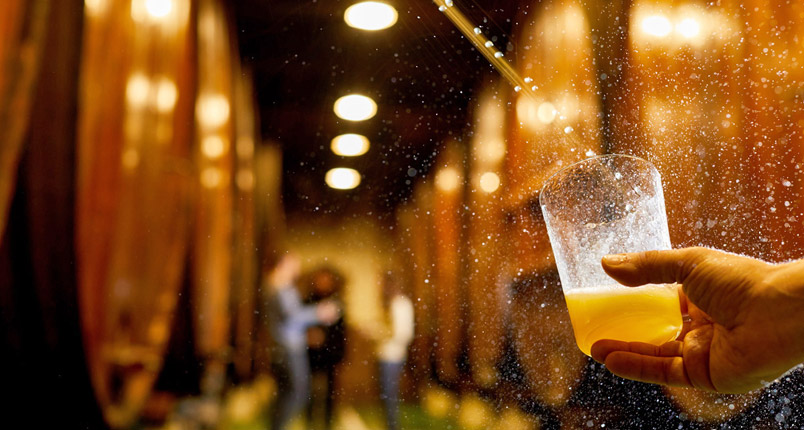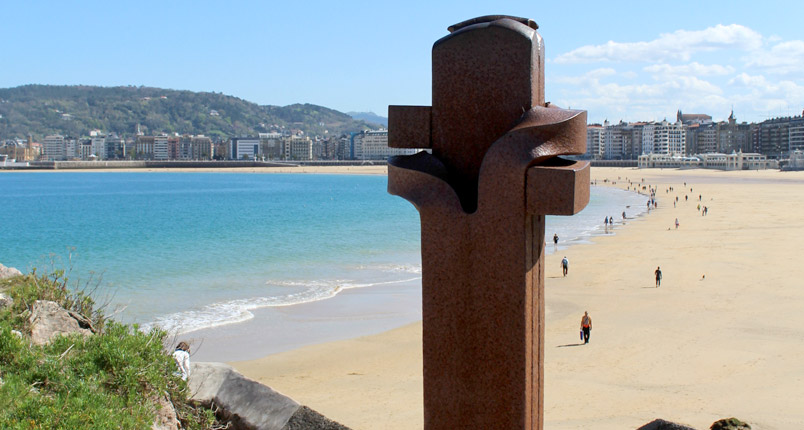Things you need to know to visit San Sebastián like a true donostiarra that no one has ever told you
- Basque
- 2020 Feb 25
You’re planning your trip to the Basque Country, specifically to San Sebastián, and you’ve been scouring different websites for information about what to see, what to do, where to eat. Right?
Let me tell you something. The best way to get to know Donostia is like a true Donostiarra. And to do that, you need to know more than just where the locals hang out, their way of life, and where they go for pintxos: you need to learn some euskera (Basque).
I imagine that you’re now throwing your hands to your head and thinking, “How am I going to learn a new language in such a short time?” But not to worry; this article will help you learn all the words you need to visit San Sebastián like a true local.
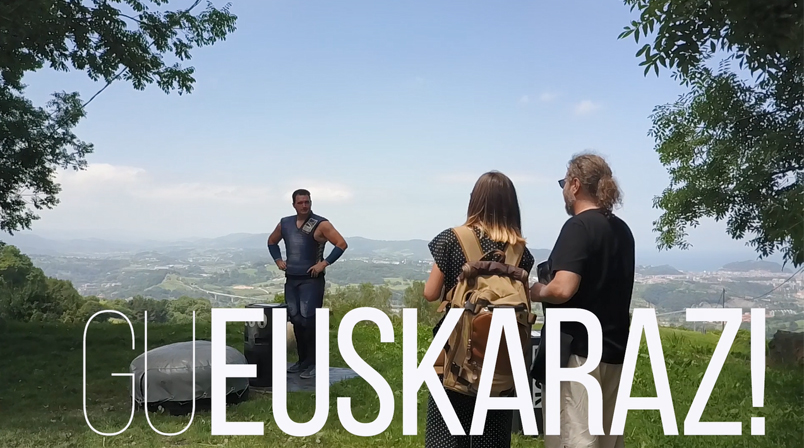
But where does Basque come from?
Want to know a little secret? Nobody knows where it came from.
Imagine that you suddenly land in a place where they speak a mysterious language. A language that has no connection with any other, one who’s origin has no explanation. Incredible, right?
Well, now you can brag to your friends that you know how to speak it. Because yes, we’re taking about Basque. And no one knows where it came from.
So far, the only thing researchers have been able to determine is that the language existed over 11,000 years ago in the Neolithic era. A fact that makes Basque the oldest living language in Europe.
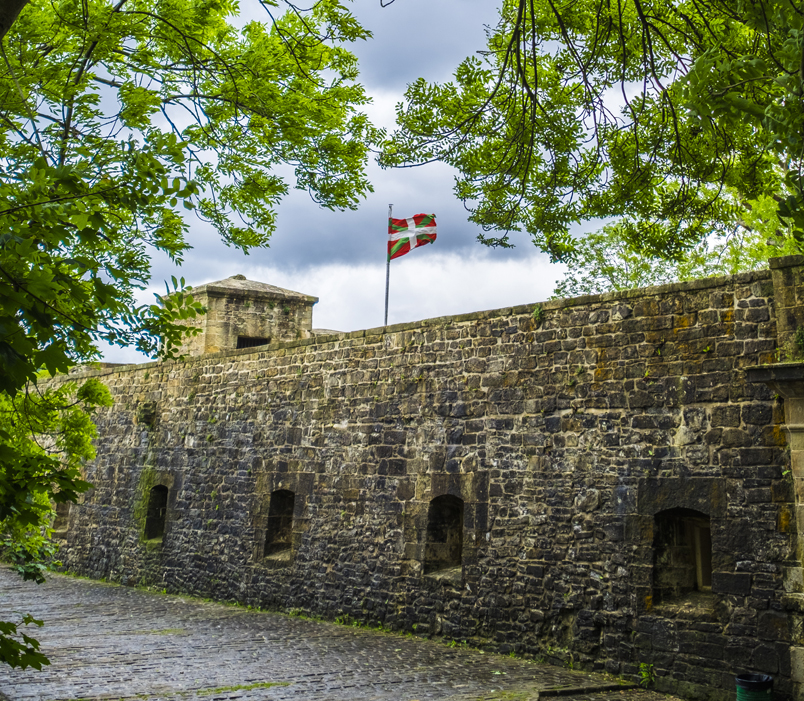
An unsolved puzzle
For years, researchers have tried to determine the origin of the Basque language. But it remains a mystery.
Some have traced Basque back to Caucasian or Berber languages. And while similarities have been found with both languages, no evidence proves that they’re related.
Another theory claims that Basque is the lone survivor of a European linguistic family from the Palaeolithic era.
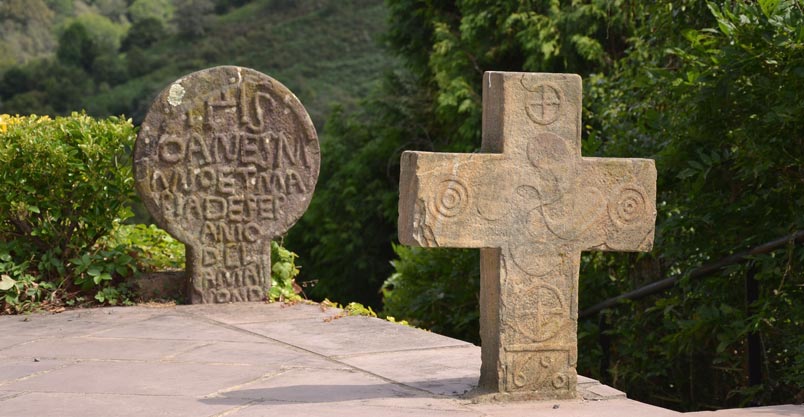
In any event, no one has yet managed to shed light on the root of Basque, and it remains an isolate, a language with unknown origin and not found to be related to any other, and an ongoing headache for linguists.
The only thing we truly know is that today, Basque is spoken in all the Basque Country (Gipzukoa, Araba, Bizkaia, Nafarroa, Lapurdi, Behe-nafarroa and Zuberoa). And while not everyone speaks it, there are standard words that even newcomers to the city use.
So listen closely, because you'll hear them on more than one occasion. And this guide will be a must-have if you don’t want to find yourself scratching your head, trying to figure out what things mean.
Mini dictionary for getting around San Sebastián like a true Donostiarra
Sound like a local in just five minutes with this mini dictionary and you’ll be able to ask for traditional drinks like the txotx, order at a pintxopote, go to a sagardotegi and enjoy a round of zuritos. Prest? Aurrera! (Ready? Let's go!)
GREETINGS
- Kaixo: Hello
- Agur: Goodbye
- Egun on: Good morning
- Arratsalde on: Good afternoon
- Gero arte: See you later
- Zer moduz?: What's up?
- Oso Ondo: Very Well
- Ondo pasa: Have a good time
- Ongi etorria: Welcome
- Zorionak!: Congratulations!
- Mila esker, eskerrik asko: Thank you
- Mesedez: Please
- Ez horregatik: You're welcome
- Barkatu: Excuse me
FOOD AND DRINK
- Txotx: Cry of war in a cider house. When one of the guests shouts it, the others get up and go to the Kupela for a refill.
- Pintxo: Tapa
- Pintxopotea: A place that serves drinks and a pintxo
- Garagardoa: Beer
- Zurito: Small glass of beer
- Ardoa: Wine
- Taberna: Bar
- Jatetxea: Restaurant
- On egin: Bon appétit
- Izozkia: Ice cream
- Txuleta: T-bone steak
- Sagardoa: Cider
- Sagardotegia: Cider house
- Piperrak: Peppers
- Beste bat: Another one
- Txikito: Small glass of red wine typically drunk while “bar hopping”
- Txikitero: A person who goes bar hopping
- Txakoli:The Basque Country’s quintessential white wine
- Poteo: To go bar hopping
Now that you know a few basic words in Basque that you can enjoy Donostia like a true local. And you can also brag that you know how to speak one of the world’s most complicated languages. If you want to continue practicing, do not miss this little dictionary with audio guide.
So what are you waiting for? Save this post in your favourites and use it when you go out for pintxos, take a stroll along the beach and visit the Old Town of San Sebastián. You can also download this small dictionary (Hiztegi Txikia) to consult it if you still have any doubts.
Ongi etorria Donostiara!

